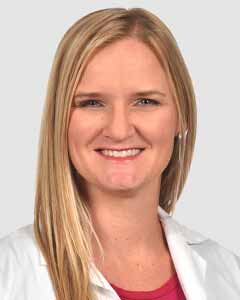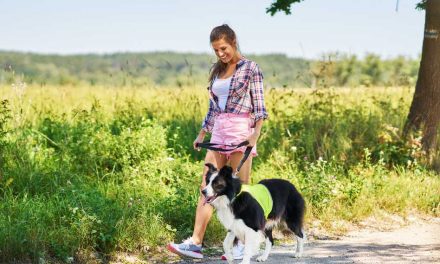
Rachael Prete, DO
Pediatrics
Orlando Health
Pediatricians are urging parents to continue following CDC guidelines to reduce the risk of sudden infant death syndrome after a recent study grabbed headlines that incorrectly suggested the cause of SIDS had been discovered.
Each year in the United States, about 3,400 babies die unexpectedly, according to the Centers for Disease Control and Prevention (CDC). These deaths of infants under a year old include SIDS as well as accidental suffocation while sleeping and other unknown causes.
Australian researchers identified a potential link between low levels of the enzyme butyrylcholinesterase and the likelihood of SIDS. However, at this early stage, it’s too soon to make recommendations based on one study with a sample size of 722 babies.
More Research Needed
Many babies in the Australian study who died from SIDS did have low levels of the identified enzyme, but many others who also had low levels of the enzyme are still alive and healthy.
This tells us that there is not a direct, causal relationship between low levels of butyrylcholinesterase and SIDS. The study, though hopeful, is not enough to conclusively say that SIDS results solely from low levels of this one enzyme. Instead, more research needs to be conducted to determine more about the link between butyrylcholinesterase and SIDS.
Measuring this enzyme is not the cure for SIDS, and the study is not enough to clinically indicate that doctors should start testing for this enzyme to keep babies safe from SIDS.
SIDS Best Practices
The best way to protect your sleeping baby is to follow these guidelines:
- Place your baby on their back when the baby is sleeping. This practice is recommended for both naps and nighttime sleeping.
- Rely on a firm, flat surface for your baby to sleep on.
- Have your baby sleep in the same room that you do until the infant is between 6 and 12 months old.
- Make sure your baby’s sleep space has no pillows, stuffed animals, blankets or soft bumpers.
- Do not let your baby get too hot. If your baby is sweating or their chest feels too hot, adjust the temperature in the room.
- Do not co-sleep in the same bed with your baby.
- These practices, first suggested in the 1994 nationwide Back to Sleep Campaign by the National Institute of Child Health and Human Development along with the American Academy of Pediatrics, dropped the rate of SIDS by more than 50 percent. They are the doctor-recommended best way to protect your baby from SIDS.
The American Academy of Pediatrics offers additional suggestions:
- Don’t drink alcohol or use illegal drugs during pregnancy.\
- Don’t smoke while you’re pregnant and don’t allow smoking near your infant.
- Breastfeed your infant.
- Make sure your baby gets regular checkups.

















